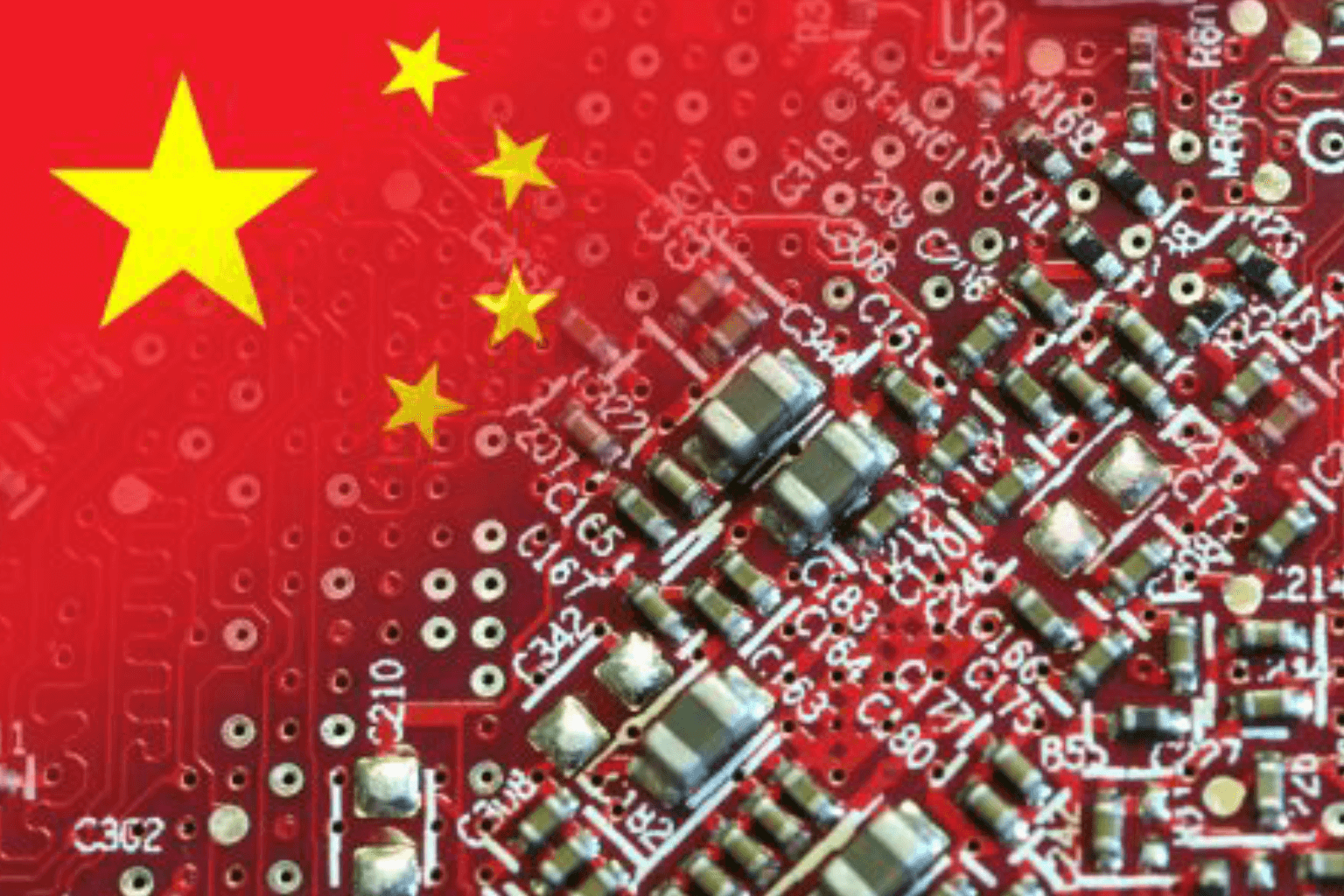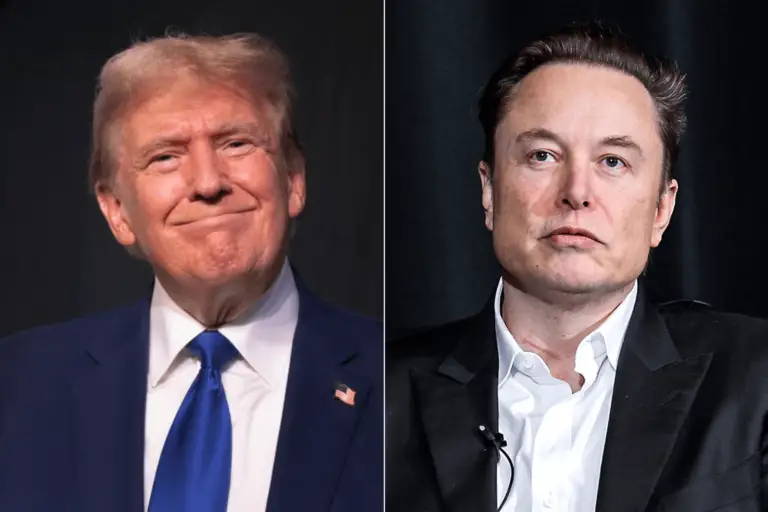
China’s Big Tech Boosts AI Spending, Defying US Trade Restrictions
Chinese tech giants like Alibaba, Tencent, and Baidu have spent a lot more on AI, defying US trade restrictions mostly on buying AI infrastructure and processors.
It’s true that US penalties are meant to slow down China’s progress in AI, but the country’s tech giants have doubled their capital spending this year as they splurge on AI infrastructure.
When compared to the same time last year, Alibaba, Tencent, and Baidu spent a total of Rmb50bn ($7bn) on capital in the first half. It was said that the groups’ main goal was to buy processors and other hardware that would help train big language models for AI, both their own models and other models.
Because it is privately held and not subject to investor scrutiny, ByteDance, the company that owns TikTok, has also raised spending on AI-related projects. The company has more than $50 billion in cash on hand.
Last month, Alibaba CEO Eddie Wu told investors, “We’ll keep putting money into research and development and AI capital expenditures to make sure the growth of our AI-driven cloud business.” ‘It’s just that we see a lot of unmet client demand,’
In order to train its Tongyi line of AI models and let other people rent its computing power, Alibaba is buying processors. That’s 123% more than the same time last year, when the Chinese tech giant spent Rmb23bn on capital expenditures. During the second quarter, sales for the group’s cloud business sped up and rose 6% from the same time last year. Alibaba said that yearly sales of AI-related goods had more than doubled.
Investing in Chinese AI start-ups that are set up to bring in customers is one reason for the growth. They gave Moonshot just under half of the $800 million they put into it in February as coupons to buy its cloud services.
Navigating US Restrictions on AI Processors
The US bans Nvidia’s best AI processors, like the H100 and the soon-to-be-released Blackwell series. However, China’s tech giants can buy slower processors like Nvidia’s H20, which was made to not go over the limits Washington set for computer power. This chip costs $12,000 to $13,000 per unit, and analysts think Nvidia will send more than a million of them to Chinese tech companies in the next few months. As two people who know about the situation said, ByteDance is a big user.
SemiAnalysis’s Dylan Patel says that TikTok’s parent company has bought hundreds of thousands of H20s for its data centres in China. They have also spent a lot of money to work with partners and build computer infrastructure in Johor, Malaysia. “Beyond investing a lot in China and Malaysia, ByteDance buys the most AI from US clouds,” Patel said.
Tencent, a big name in games and social media, said that capital expenditures rose to Rmb23bn in the first half of the year, which is 176% more than the same time last year. Investing in GPU and CPU servers was a big reason for this. As more people need to rent graphics processing units, James Mitchell, the company’s chief strategy officer, said that the cloud business had grown, but not as much as its US peers were experiencing.
Tencent was writing smaller checks to AI groups because of ongoing worries about Beijing’s regulatory approach, according to someone who knows about the company’s investment strategy.
In terms of capital expenditures, China’s long-time AI leader Baidu has been the most frugal. In the first half, it spent Rmb4.2bn, which is up 4% from the same time last year. Big Tech companies in China are still spending a lot less than their American counterparts on capital expenditures. Microsoft, Amazon, Alphabet, and Meta all spent $106bn in the first half and said they would spend more in the months to come.


